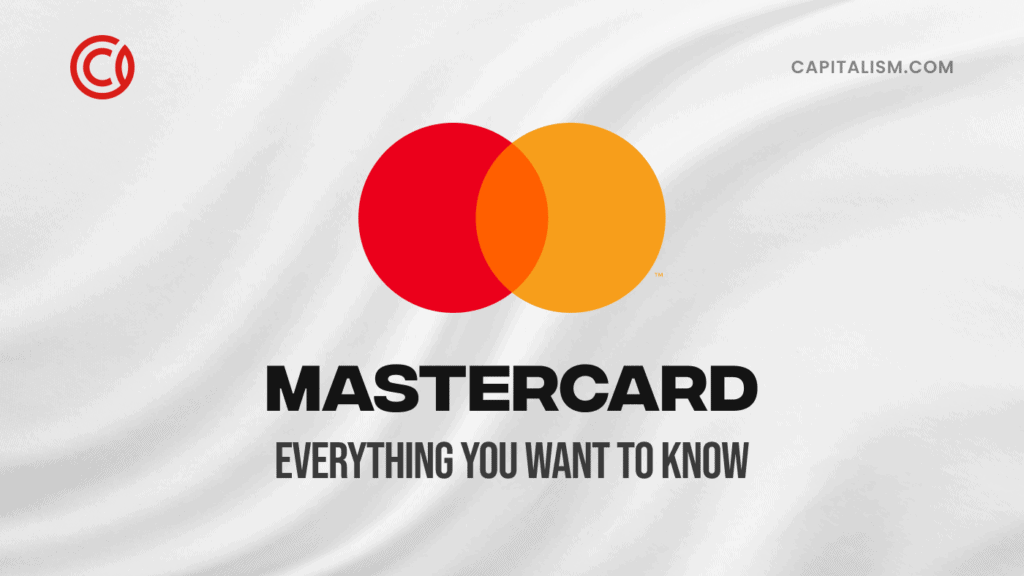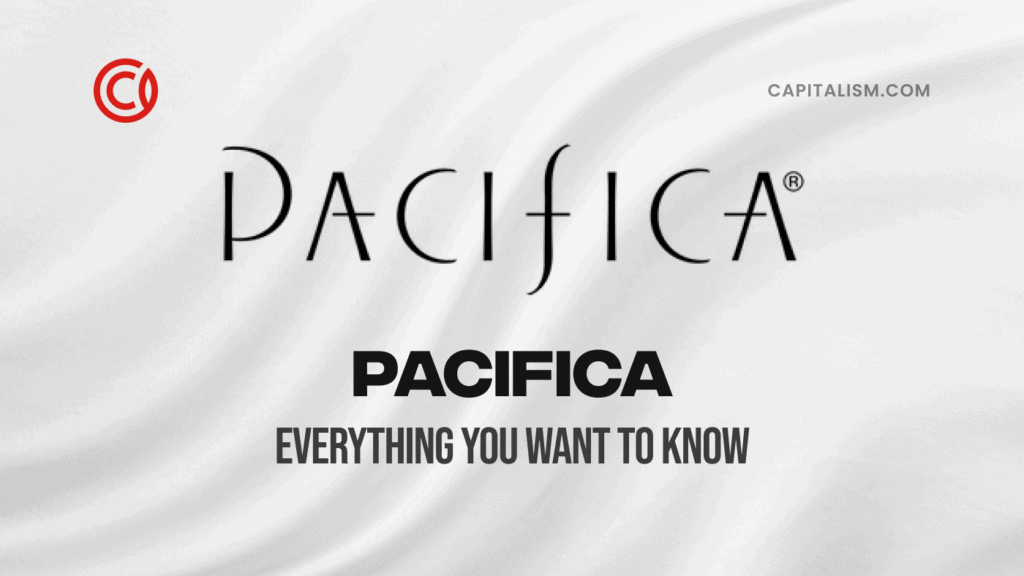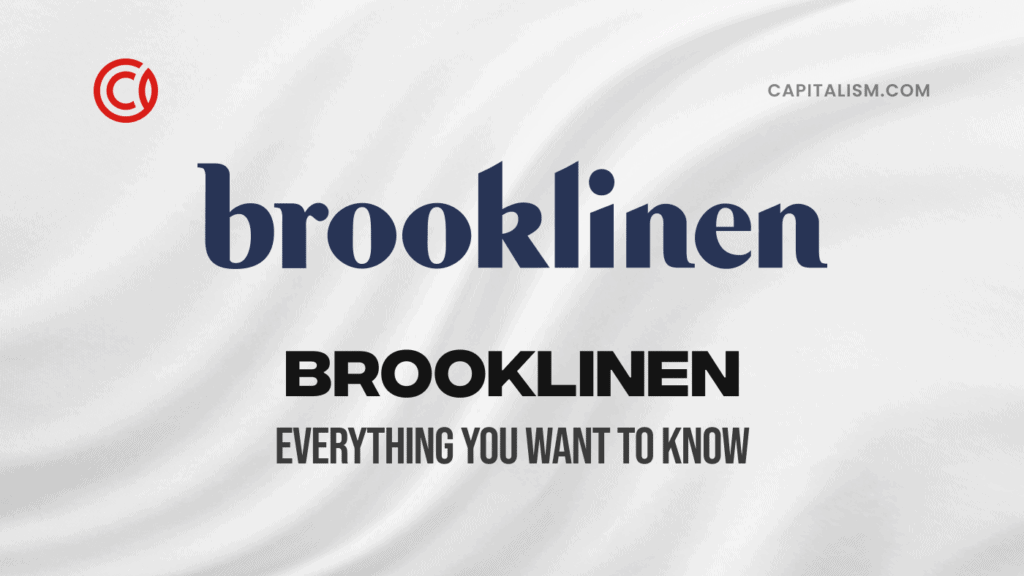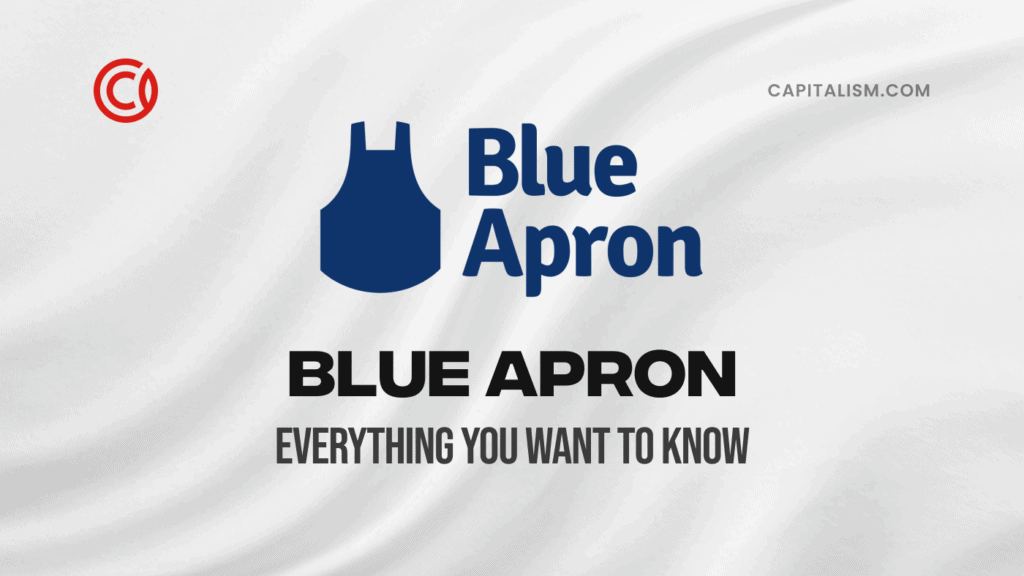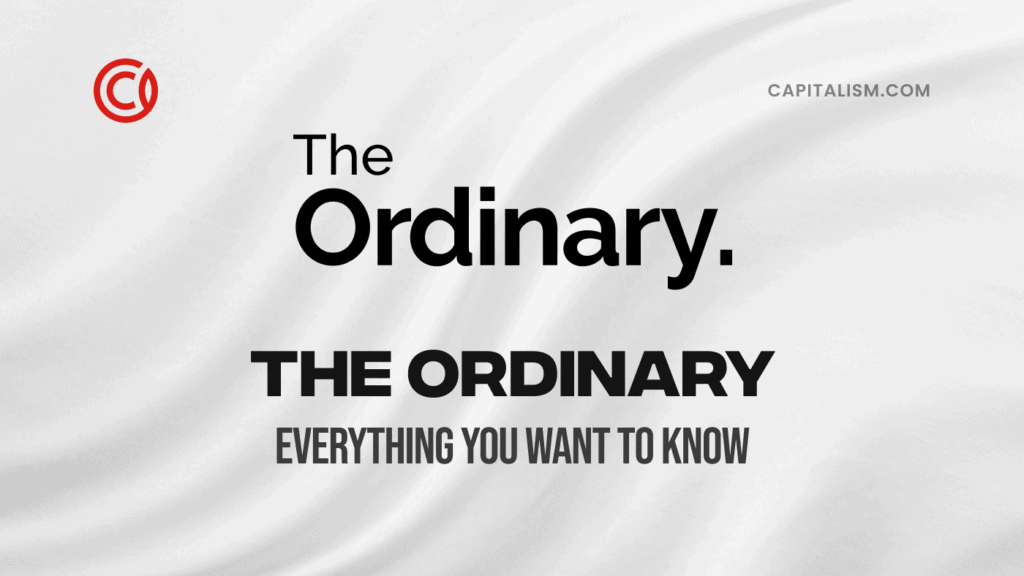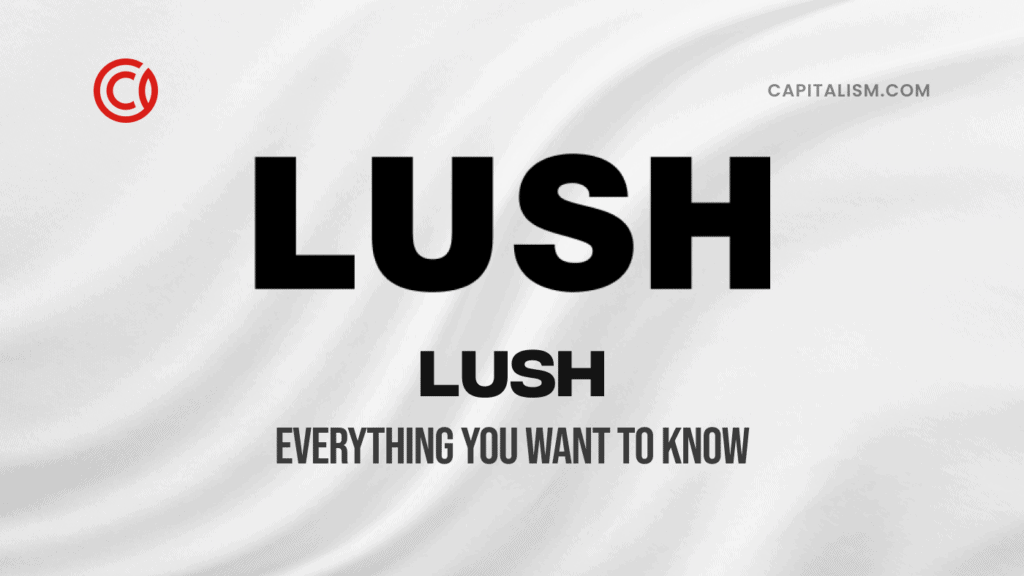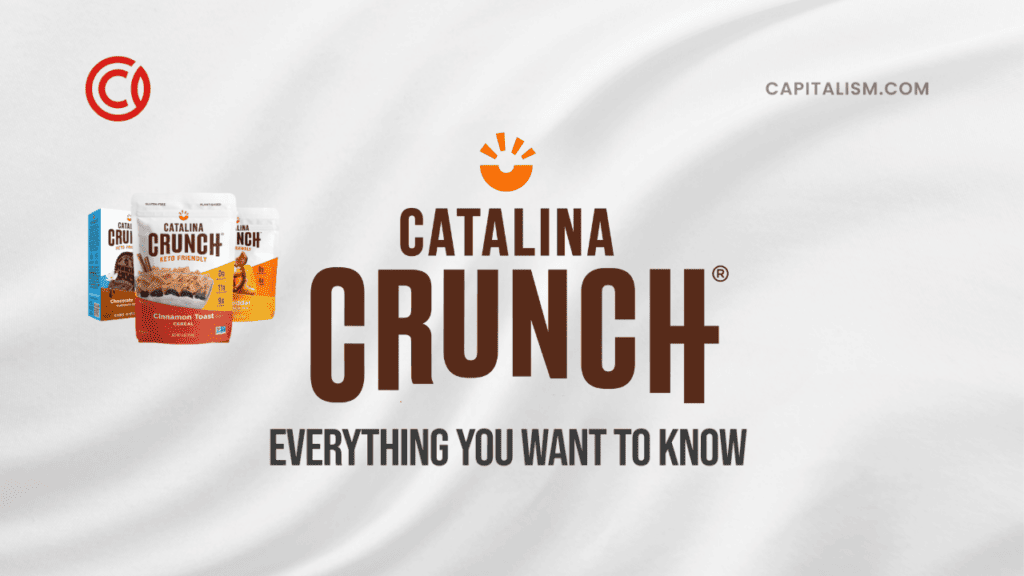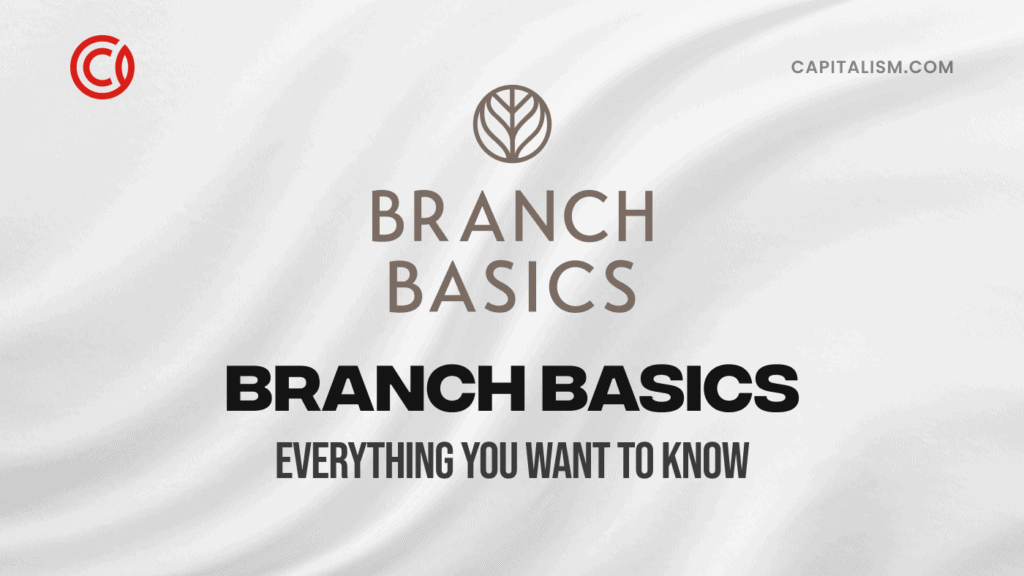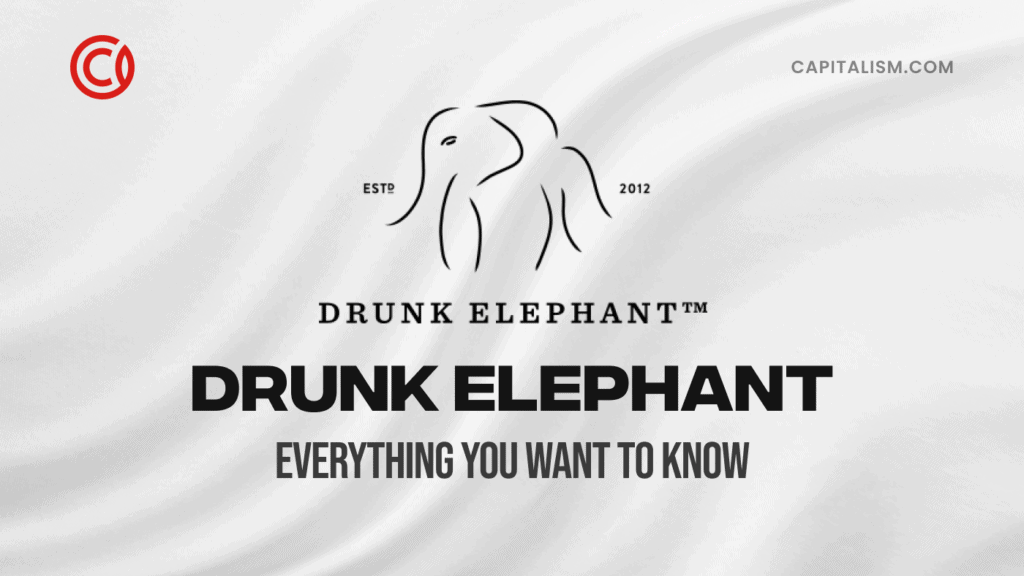Did you ever stop to think about that little piece of plastic in your wallet that's an essential part of our everyday lives? Yep, we're talking about your Mastercard.
Although most of us are familiar with this payment giant and there's so much more to discover behind the scenes.
In this article, we'll cut through the jargon and take an unfiltered look at the rise, innovations, and global impact of Mastercard.
So, grab a cup of coffee and settle in because we're about to explore the good, the bad, and the intriguing about one of the most influential companies in the world of finance.
Plus, find out how to get our million-dollar playbook for building a 7-figure business in about a year... FREE.
What is Mastercard?
Mastercard is a multinational financial services corporation that specializes in payment processing. Headquartered in Purchase, New York, the company facilitates electronic funds transfers globally, primarily through its branded credit, debit, and prepaid cards.
By partnering with financial institutions, Mastercard allows banks and other issuers to offer card products to their customers, making it easier for consumers and businesses to make transactions securely and efficiently. As a prominent player in the payment technology industry, Mastercard continues to innovate and expand its offerings to cater to the evolving financial needs of individuals and businesses worldwide.
What is the Mastercard company's origin story?
If you’re someone who uses or has used a bank card previously, there is a very high probability that you must’ve heard about Mastercard. But, what exactly led to this company’s success and how did it reach this level of prominence? Let’s find out.
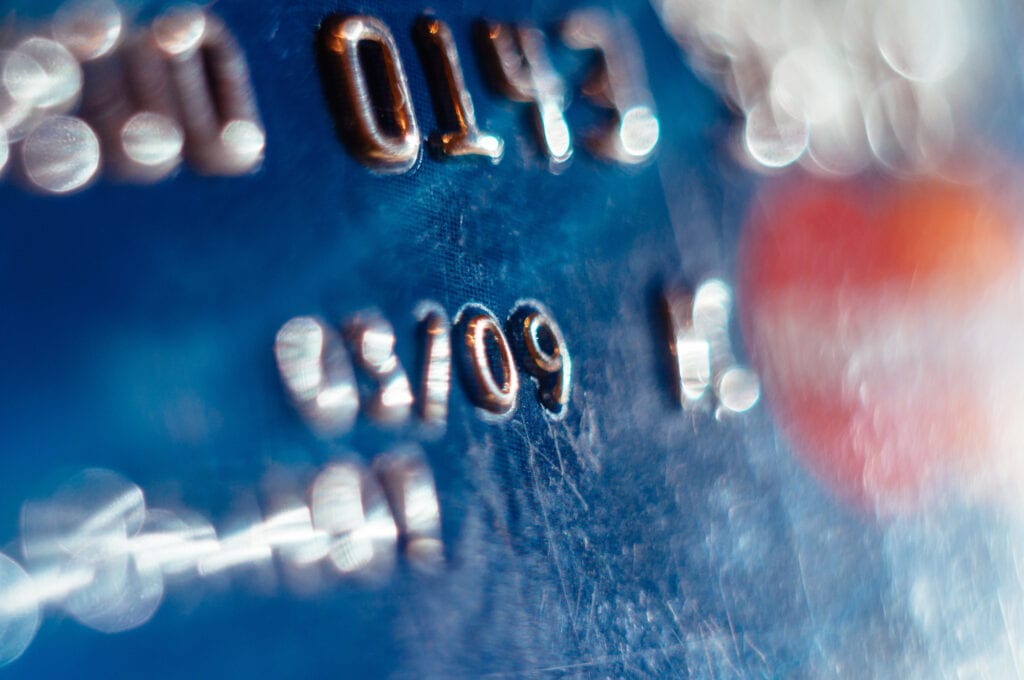
The Birth of an Idea
Mastercard's journey began in 1966 when a group of California-based banks, including Wells Fargo, United California Bank, and Crocker National Bank, formed the Interbank Card Association (ICA). Their goal was to create a unified payment network that could compete with the existing BankAmericard system (now known as Visa). The ICA aimed to provide an alternative and efficient payment solution that would transform the way people conducted financial transactions.
The Emergence of Master Charge
In 1969, ICA introduced a new card called "Master Charge: The Interbank Card." This innovative payment card gained rapid popularity, as it allowed customers to enjoy the convenience of making purchases on credit without the need for cash or checks. The Master Charge card became popular not only in the United States but also in other countries, paving the way for the organization's global expansion.
Rebranding and Expansion
In 1979, Master Charge rebranded itself as Mastercard to reflect its broader range of services and global reach. Over the following decades, Mastercard continued to grow and innovate, acquiring other payment networks and diversifying its product offerings. The company introduced new services such as debit cards, prepaid cards, and electronic payment solutions, catering to the evolving needs of its customers and partners.
Technological Innovations
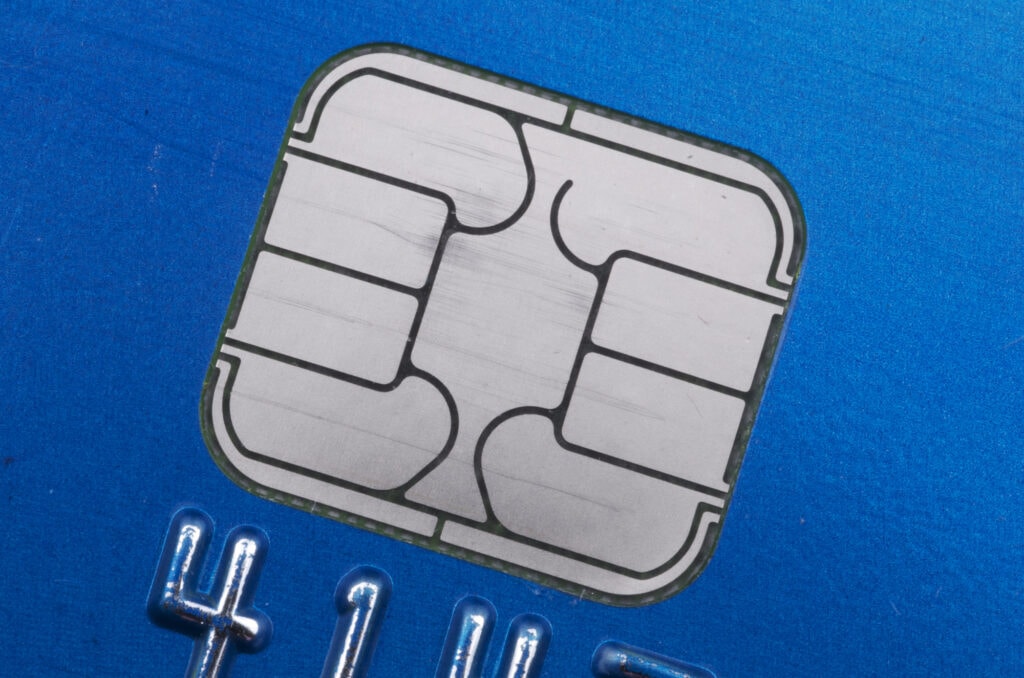
Mastercard has always been at the forefront of technological advancements in the payment industry. The company was an early adopter of EMV (Europay, Mastercard, and Visa) chip technology, which greatly enhanced the security of card transactions. Furthermore, Mastercard has consistently invested in digital payment solutions, including mobile wallets, contactless payments, and tokenization services, ensuring that its customers can enjoy seamless, secure, and convenient payment experiences.
A Global Leader in Payment Technology
Today, Mastercard is a global powerhouse in the payment technology sector, with card acceptance in more than 210 countries and territories worldwide. The company's continued focus on innovation, security, and customer satisfaction has solidified its position as a trusted and reliable payment solution for millions of people and businesses worldwide.
FAQ
1. What is Mastercard?
Mastercard is a multinational financial services corporation that specializes in processing electronic transactions between financial institutions, merchants, and customers. It provides credit, debit, and prepaid cards used for purchases, withdrawals, and other transactions worldwide.
Mastercard is one of the leading payment networks in the world, along with Visa, American Express, and Discover. It operates in more than 200 countries and processes billions of transactions each year. Mastercard also offers a range of products and services for businesses, including fraud protection, analytics, and loyalty programs.
2. What are the main services Mastercard offers?
Here's a detailed breakdown of the services offered by Mastercard:
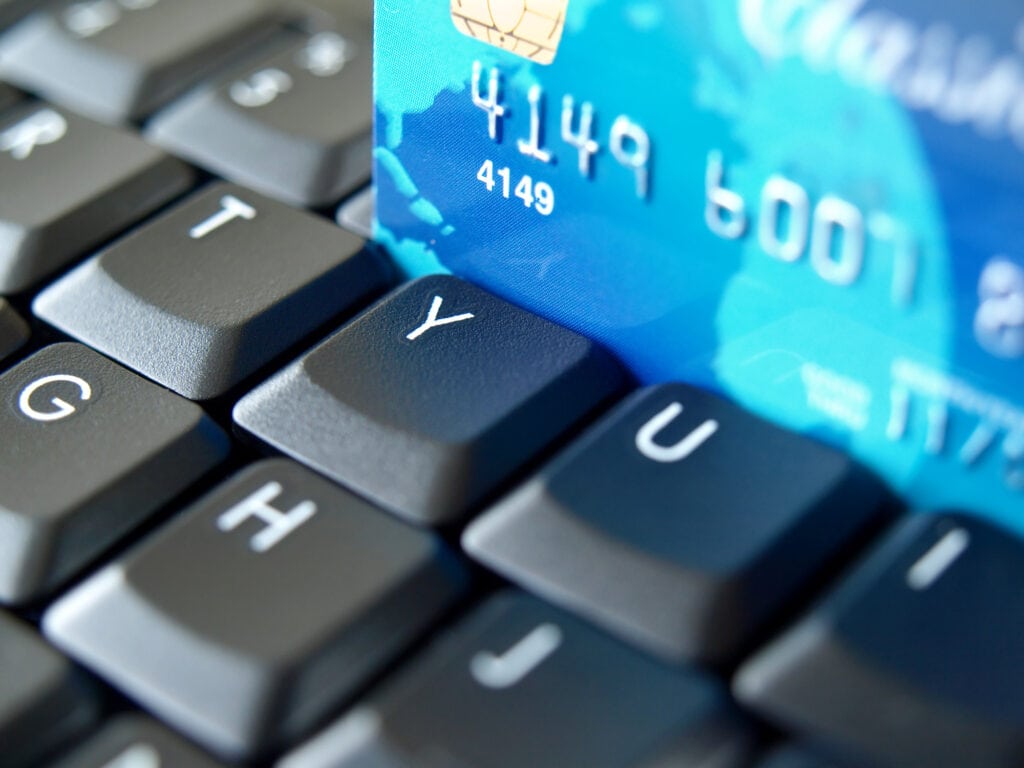
Payment Processing
Mastercard is a payment processing company, which means it provides the infrastructure and technology that allows merchants and financial institutions to accept and process electronic payments. When you use your credit or debit card to make a purchase, Mastercard's network facilitates the transfer of funds from your bank account to the merchant's account. This process is secure and fast, completing transactions in a matter of seconds.
Debit and Credit Cards
Mastercard is one of the largest issuers of debit and credit cards in the world. Millions of merchants around the globe accept it. Mastercard offers a variety of benefits, including rewards programs, fraud protection, and contactless payment technology. Mastercard's cards come in different tiers, with different features and benefits depending on the user's needs.
Prepaid Cards
In addition to traditional credit and debit cards, Mastercard offers prepaid cards you can load with funds to use like a traditional payment card. Prepaid cards are a popular alternative to cash for online shopping, travel, and everyday purchases. You can reload funds as needed. Users use them as a budgeting tool to control their spending.
Digital Payments
Mastercard has developed a range of digital payment solutions that allow consumers to make payments using their mobile device or other digital devices. Masterpass, for example, is a digital wallet that allows users to securely store their payment information and make purchases online or in-store using their mobile device. Mastercard also offers payment APIs and software development kits (SDKs) that enable developers to integrate payment functionality into their own apps and platforms.
Data Analytics
Mastercard uses data analytics to provide insights into consumer behavior and help businesses better understand their customers. Mastercard's data analytics tools allow businesses to track spending patterns, identify fraud, and develop targeted marketing campaigns. By analyzing transaction data, Mastercard can provide businesses with valuable insights into consumer behavior and help them make more informed decisions.
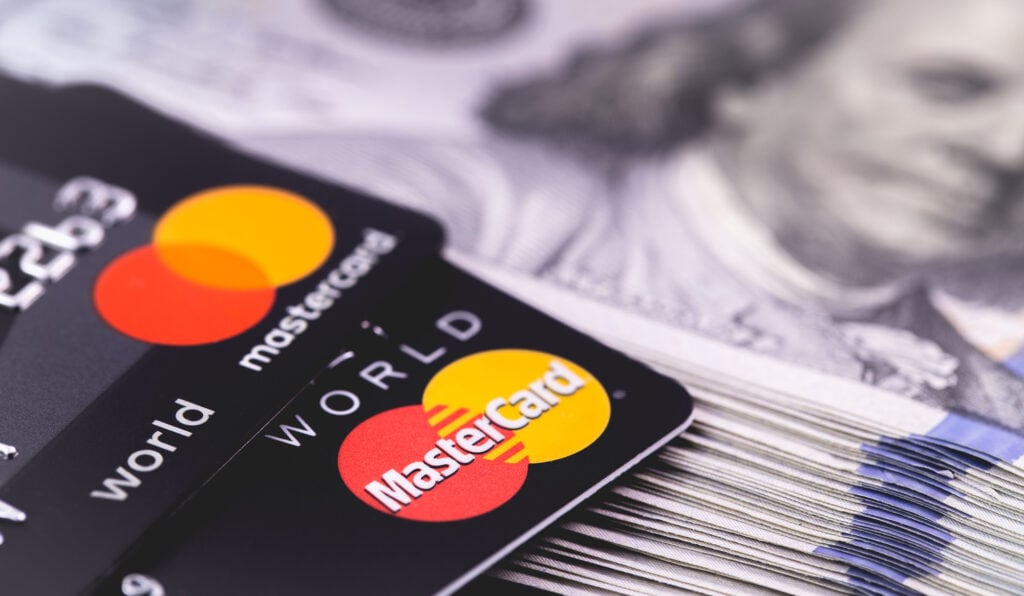
Financial Inclusion
Mastercard is committed to promoting financial inclusion and providing access to financial services for underserved communities. This includes working with governments, NGOs, and other partners to develop innovative solutions that improve access to banking and other financial services. For example, Mastercard has partnered with the government of Nigeria to develop a digital identification system that will enable millions of Nigerians to access financial services for the first time.
3. How does Mastercard compare to other card issuers?
Mastercard is one of the leading global payment solutions providers, alongside other major players such as Visa, American Express, and Discover. Here's a comparison of Mastercard with other card issuers:
Network
Both Mastercard and Visa are payment networks, processing transactions between banks and merchants. American Express and Discover, on the other hand, are both payment networks and card issuers, meaning they also issue their cards directly to consumers.
Acceptance
Mastercard and Visa have a wider global acceptance compared to American Express and Discover. This is due to their partnerships with numerous financial institutions worldwide. However, in recent years, American Express and Discover have expanded their reach and are accepted in many places as well.
Card offerings
Mastercard, Visa, American Express, and Discover offer a variety of card types, including credit, debit, and prepaid cards. They cater to different consumer needs, such as rewards, cash back, travel, and business. The specific card offerings and benefits vary depending on the financial institution that issues the card.

Rewards and benefits
Mastercard offers various rewards and benefits, depending on the card type and issuing bank. These can include cash back, travel rewards, and exclusive experiences. Visa, American Express, and Discover also have their own rewards programs and cardholder perks. Each issuer's rewards structure and benefits may differ, so it's essential to compare the offerings before choosing a card.
Security features
All major card issuers, including Mastercard, invest in advanced security features to protect cardholders' information and minimize fraud. Mastercard's security measures include chip technology, tokenization, and biometric authentication, among others. Visa, American Express, and Discover also have their own security measures in place.
Customer service
Customer service quality may vary between card issuers and the financial institutions that issue the cards. Mastercard's customer service is generally regarded as reliable and responsive, as are the other major card issuers.
4. What rewards does Mastercard offer?
Mastercard is no stranger to rewarding its cardholders with exciting perks and benefits. With a variety of cards to choose from, there's something for everyone! Let's take a look at the amazing rewards you can enjoy with Mastercard:
Cash back
Some Mastercard credit cards offer cash back rewards, where cardholders earn a percentage of their spending back as cash. The cash back rate and categories may vary depending on the card.
Points or miles
Many Mastercard credit cards offer points or miles for every dollar spent. These points or miles can typically be redeemed for travel, merchandise, gift cards, or statement credits. The earning rate and redemption options depend on the card and the associated rewards program.
Travel rewards
Mastercard offers various travel rewards credit cards that cater to frequent travelers. These cards may offer perks such as airline miles, hotel points, airport lounge access, travel insurance, and waived foreign transaction fees.
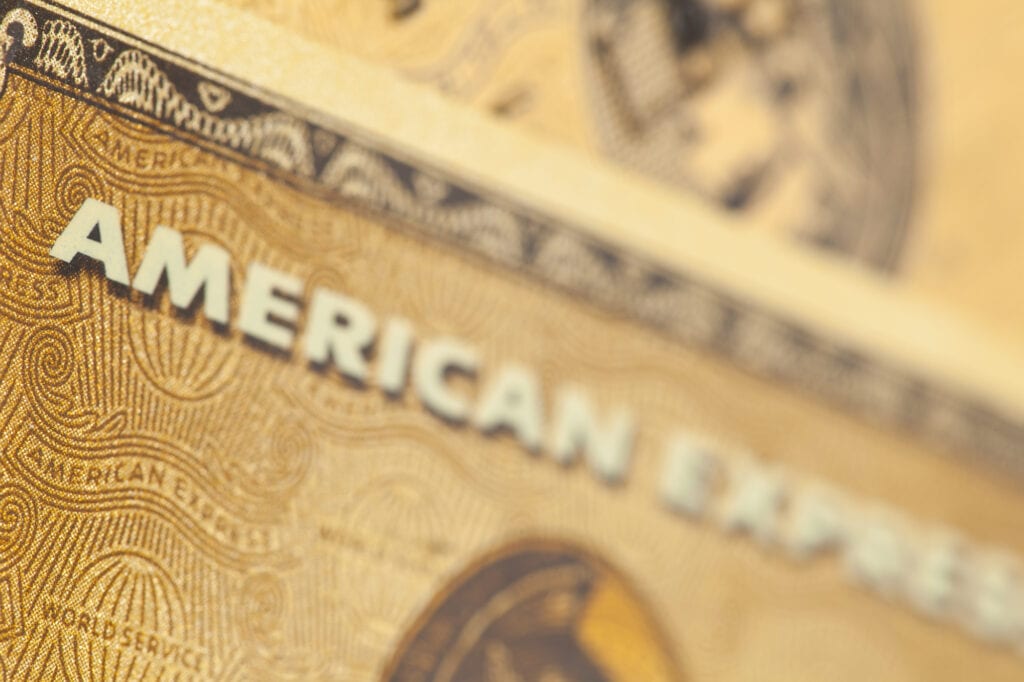
Shopping and entertainment benefits
Some Mastercards come with exclusive shopping and entertainment benefits, such as extended warranties, purchase protection, price protection, and access to special events and experiences.
Introductory offers
Many Mastercard credit cards offer sign-up bonuses, which are earned after meeting a minimum spending requirement within a specified timeframe. These bonuses can take the form of cash back, points, or miles.
Tiered benefits
Mastercard offers different card levels, such as Standard, World, and World Elite. Each level comes with its own set of benefits and perks. Higher-tier cards generally provide more extensive benefits, such as travel assistance, enhanced purchase protections, and access to the Mastercard Luxury Hotel & Resorts portfolio.
5. How secure is Mastercard?
Mastercard is committed to ensuring the security of its cardholders' transactions and personal information. They employ a variety of advanced security features and technologies to protect your financial data and minimize the risk of fraud. Some key security measures in place for Mastercard include:
Chip Technology
Mastercard credit and debit cards come with embedded microchips that offer enhanced security compared to traditional magnetic stripe cards. These chips generate a unique code for each transaction, making it more difficult for fraudsters to counterfeit or clone your card.
Tokenization
Mastercard uses tokenization to protect sensitive card information during online and mobile transactions. This technology replaces your actual card number with a unique digital token, ensuring your card details are not exposed during the transaction process.
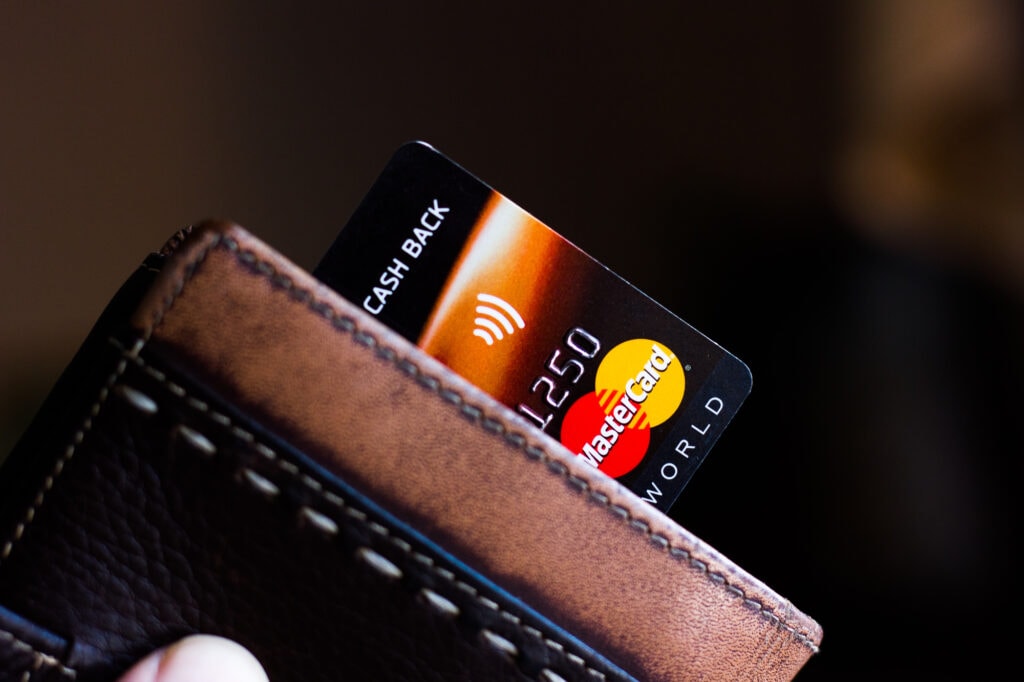
Mastercard ID Check
This security feature uses biometric authentication (such as fingerprint or facial recognition) or a one-time password (OTP) to verify the cardholder's identity during online transactions. This added layer of security helps prevent unauthorized use of your card.
Zero Liability Protection
Mastercard offers Zero Liability Protection for its cardholders, which means you won't be held responsible for unauthorized transactions made with your card, as long as you promptly report any suspicious activity to your card issuer.
Fraud Monitoring
Mastercard employs sophisticated monitoring systems that analyze transactions in real-time to detect unusual or potentially fraudulent activity. If something suspicious is detected, the card issuer may contact you to verify the transaction or take further action to protect your account.
SecureCode
Mastercard’s SecureCode is a service that provides an additional layer of security for online transactions. When you make a purchase at a participating merchant, you may be prompted to enter a unique code or password to confirm your identity.
6. What are the transaction fees associated with Mastercard?
Transaction fees associated with Mastercard can vary depending on several factors, such as the type of card, the issuing bank, and the specific transaction being made. Some common transaction fees that may be associated with Mastercard include:
Foreign transaction fees
When you use your Mastercard for purchases in a foreign currency or at merchants located outside your home country, you may be charged a foreign transaction fee. This fee is typically a percentage of the transaction amount (usually around 1-3%). However, some Mastercard products may waive this fee, especially those tailored for frequent travelers.
Annual fees
Some Mastercards come with an annual fee, which is charged by the issuing bank for the use of the card and its associated benefits. Annual fees can vary widely depending on the card type and its features, ranging from no annual fee to several hundred dollars for premium cards with extensive benefits.
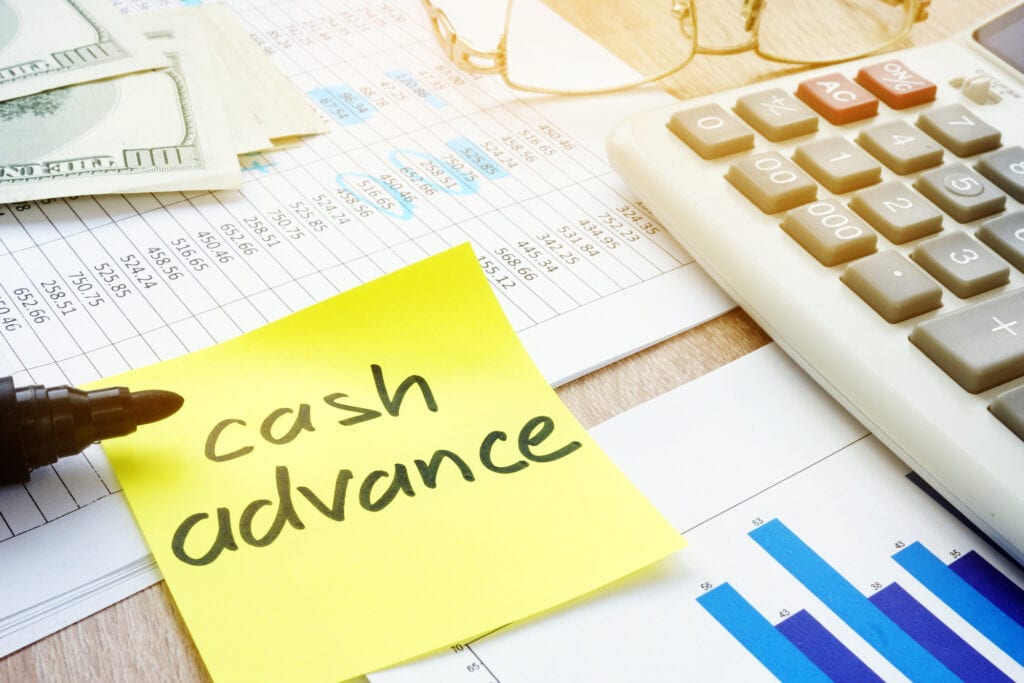
Cash advance fees
If you use your card to withdraw cash from an ATM or obtain a cash advance, you may be charged a cash advance fee. This fee can be a flat amount or a percentage of the cash advance, and it's in addition to any interest charges that may apply to the cash advance balance.
Balance transfer fees
If you transfer a balance from another credit card to your Mastercard, you may be charged a balance transfer fee. This fee is usually a percentage of the transferred amount (typically around 3-5%). Some promotional balance transfer offers may waive this fee or charge a lower fee.
Late payment and over-limit fees
If you fail to make a minimum payment on time or exceed your credit limit, you may be charged a late payment or over-limit fee by your card issuer. These fees can vary based on the card issuer's policies and any applicable regulations.
7. What are the benefits of using a Mastercard?
Mastercard offers a host of fantastic benefits that make it a popular choice among cardholders. Here are some of the perks you can enjoy:
World of possibilities
Mastercard is accepted all around the globe, so you can confidently use it for purchases wherever you go. With millions of merchants accepting Mastercard worldwide, you'll never feel limited by your choice of payment method.
Variety for everyone
Mastercard has something for everyone with its wide range of credit, debit, and prepaid cards. Whether you're a frequent traveler, a shopaholic, or someone looking for a simple, no-frills option, there's a Mastercard that suits your needs and lifestyle.
Rewarding experiences
Mastercard offers a variety of rewards programs, from cash back and points to miles and travel perks. Depending on your card, you can earn rewards on everyday purchases and redeem them for exciting experiences, merchandise, or statement credits.
Peace of mind
Mastercard takes security seriously, employing advanced measures like chip technology, tokenization, and fraud monitoring systems to protect your transactions and personal information. Plus, with Zero Liability Protection, you won't be held responsible for unauthorized transactions made with your card as long as you report any suspicious activity promptly.
Exclusive perks
Depending on your Mastercard tier (Standard, World, or World Elite), you can access a suite of exclusive benefits, such as travel assistance, enhanced purchase protections, and luxury hotel experiences. Higher-tier cards usually come with more comprehensive perks and privileges.
Customer service
Mastercard is known for its reliable and responsive customer service, ensuring that cardholders have a smooth and enjoyable experience using their cards.
8. Does Mastercard offer mobile payment apps?

Yes, Mastercard supports mobile payment apps, allowing cardholders to make contactless payments using their smartphones, tablets, or smartwatches. Mastercard is compatible with several widely-used mobile payment platforms, including:
Apple Pay
Mastercard works seamlessly with Apple Pay, allowing you to add your Mastercard credit, debit, or prepaid card to the Wallet app on your iPhone, iPad, or Apple Watch. You can make secure, contactless payments at participating merchants and enjoy the convenience of not carrying your physical card.
Google Pay
Android users can also enjoy the benefits of mobile payments by adding their Mastercard to Google Pay. With your Mastercard linked to the app, you can make contactless payments at stores, in apps, or online with ease.
Samsung Pay
Mastercard is compatible with Samsung Pay as well, enabling Samsung device users to add their Mastercard and make secure, contactless payments at various merchants.
These mobile payment apps use tokenization to ensure your card details remain secure during transactions. When you make a payment using one of these apps, a unique digital token is used instead of your actual card number, protecting your sensitive information.
By offering compatibility with popular mobile payment platforms, Mastercard provides its cardholders with a convenient and secure way to make purchases using their mobile devices.
What is the history of Mastercard?
Mastercard's history dates back to the 1960s, and it has since evolved into one of the world's leading payment networks. Here's a brief overview of Mastercard's journey:
Early beginnings
Mastercard was initially established in 1966 by a group of California-based banks as the Interbank Card Association (ICA). Their goal was to create a payment system that could compete with BankAmericard, which later became Visa. In 1969, the ICA introduced a new card called "Master Charge: The Interbank Card."
Rebranding
In 1979, the company decided to rebrand itself, changing the name of the card from "Master Charge" to "MasterCard." This rebranding marked the beginning of the global expansion of the Mastercard network.
International growth
Mastercard expanded its presence internationally throughout the 1980s and 1990s. They formed partnerships with various banks and financial institutions worldwide, increasing the acceptance of Mastercard as a payment method in numerous countries.
Introduction of new technologies
As the payment industry evolved, Mastercard embraced new technologies to improve transaction processing and security. They adopted chip card technology in the 1990s, and later, contactless payments and tokenization to enhance the safety and convenience of card transactions.
Transition to a public company
In 2006, Mastercard transitioned from a private, membership-based organization to a public company, with its initial public offering (IPO) on the New York Stock Exchange (NYSE) under the symbol "MA."
Expansion of product offerings
Over the years, Mastercard has expanded its product offerings beyond traditional credit cards to include debit cards, prepaid cards, and commercial payment solutions. They have also introduced various rewards programs and card tiers (Standard, World, and World Elite) to cater to different consumer needs and preferences.
Fintech partnerships and acquisitions
In recent years, Mastercard has collaborated with and acquired various fintech companies to enhance its digital payment capabilities and financial services. These partnerships help Mastercard stay at the forefront of innovation in the ever-evolving payment landscape.
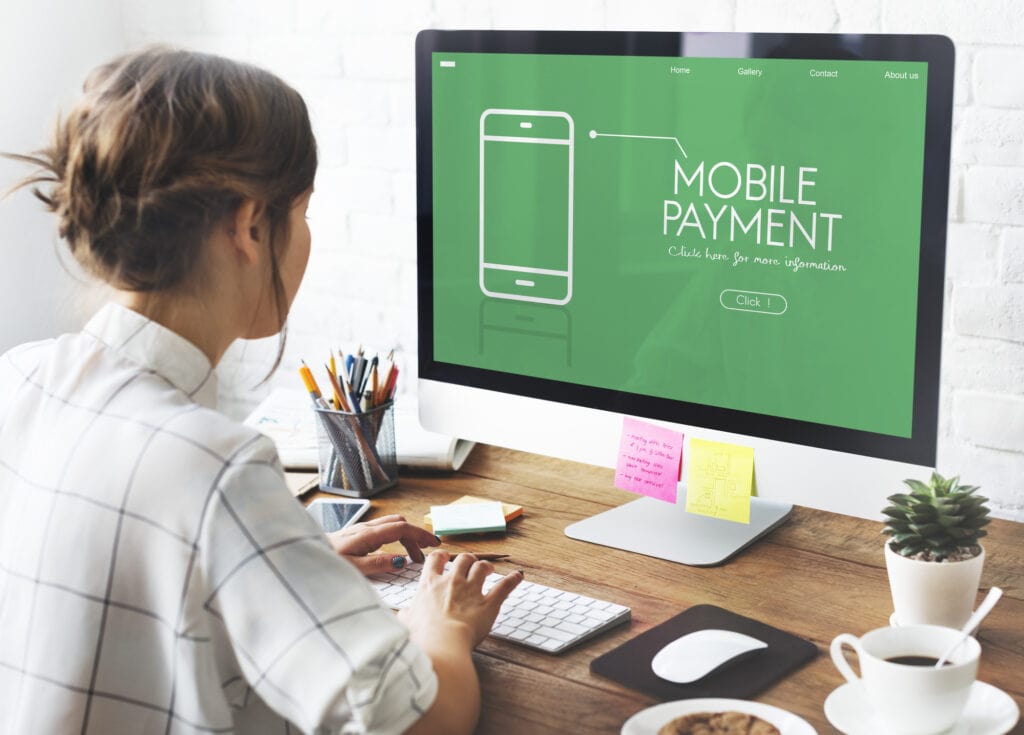
Today, Mastercard is one of the largest global payment networks, accepted by millions of merchants across more than 210 countries and territories. With its commitment to innovation, security, and convenience, Mastercard continues to shape the future of payments and financial services worldwide.
Takeaway
Mastercard's incredible journey from its inception in the 1960s to its current position as a global payment giant is truly inspiring.
As it continues to adapt to the ever-changing world of payments, Mastercard has made it a priority to ensure that its cardholders enjoy a secure, convenient, and rewarding experience.
With a vast array of products and services, as well as its worldwide acceptance, Mastercard has become a go-to choice for people and businesses from all walks of life. As we look forward to the future of payments, it's exciting to see how Mastercard will continue to play a significant role in shaping the way we manage and interact with our finances.
Getting a handle on your finances is a challenge for many of us, but it’s an important area of life to master. That’s especially true for business owners, who not only have to manage their own money, but also their company’s.
Financial mastery is one key to building wealth and keeping it.
If you want some help growing your net worth, you’re in the right place.
Here at Capitalism.com, we’re on a mission to make one million new millionaires by 2028. We’d love YOU to be one of them.
That’s why we made this FREE course that will help you build a business that makes you a millionaire. Join us now and let’s get started.
